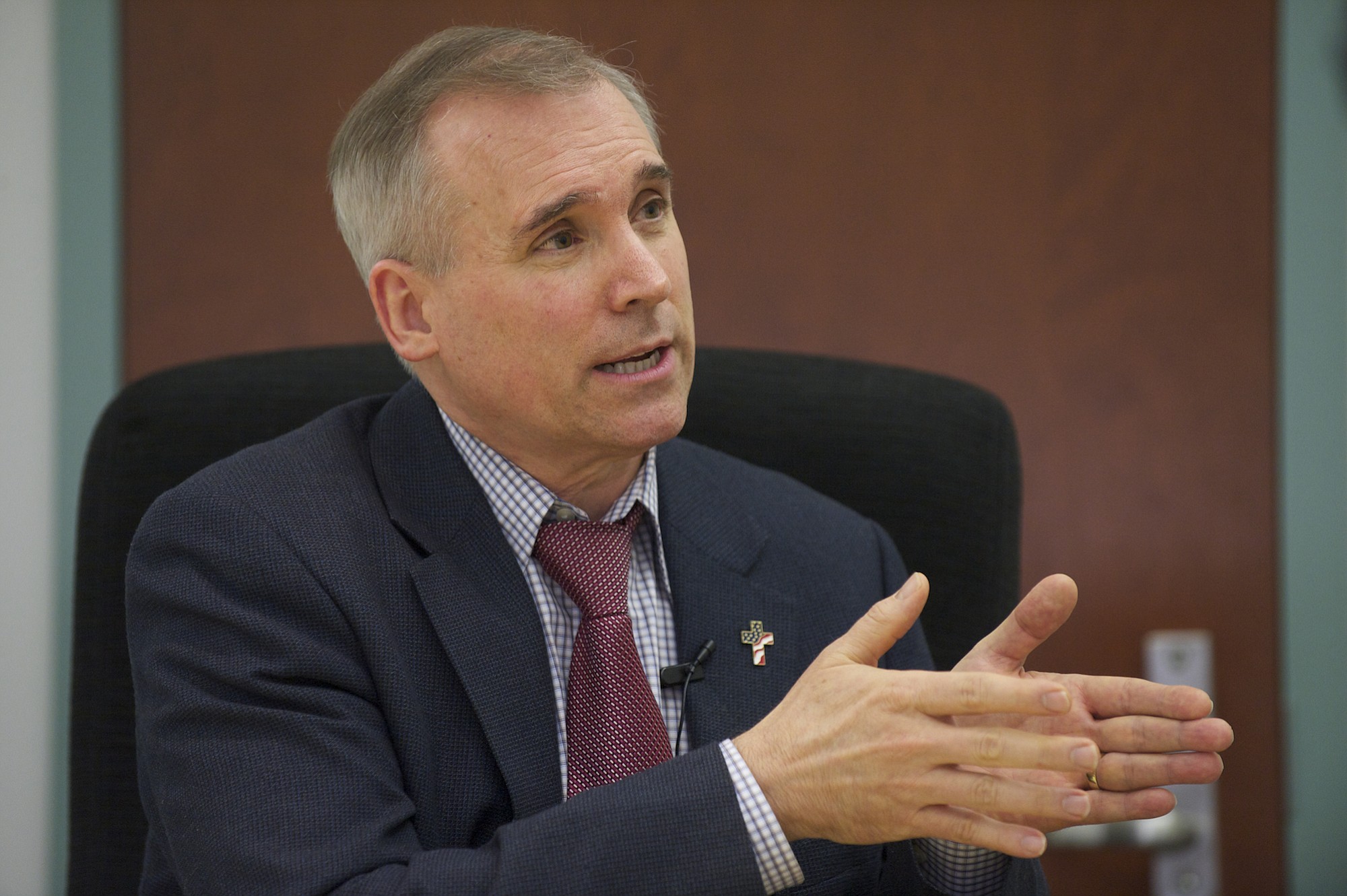After accusing the Southwest Washington Regional Transportation Council of charging Clark County more than its fair share of dues, the county councilors unanimously approved paying the fee again for 2015.
The county did, however, move Tuesday to ask the RTC to re-evaluate the $36,300 it owes in dues to determine whether it’s equal in proportion to what other jurisdictions pay.
“We want to be partners,” county Councilor Jeanne Stewart said. “We should be partners, but everyone should pay their fair share.”
There was question as to whether the county would approve the dues after county Councilor David Madore suggested at a December meeting to cut off RTC funding.
It’s unclear what impact cutting the funding would have on the county’s membership status with RTC, said RTC Executive Director Matt Ransom.
“It’s never been tested before,” he said.
Dues and other rules are spelled out in the interlocal pact that created RTC in 1992 and can be re-evaluated every year in April.
County dues don’t amount to a huge chunk of the RTC’s budget; they’re about 2 percent of RTC’s annual budget of $1.7 million.
Among the 21 jurisdictions that pay RTC dues each year, the county pays the largest amount of any agency. However, the county also receives the largest piece of the federal funding the RTC administers — about $35.6 million of the $87.2 million members were slated to receive between 2010 and 2017 — said Jack Burkman, a Vancouver city councilor and vice chairman of the RTC. The city of Vancouver pays $21,300 in annual dues and will receive $20.5 million in that same period.
Burkman added that he wasn’t comfortable speculating what might happen if the county ever decides to pull funding, but said it would “create problems.”
“We all signed an interlocal agreement many years ago that says we’re all going to work together,” Burkman said.
Columbian staff writer Eric Florip contributed to this story.



